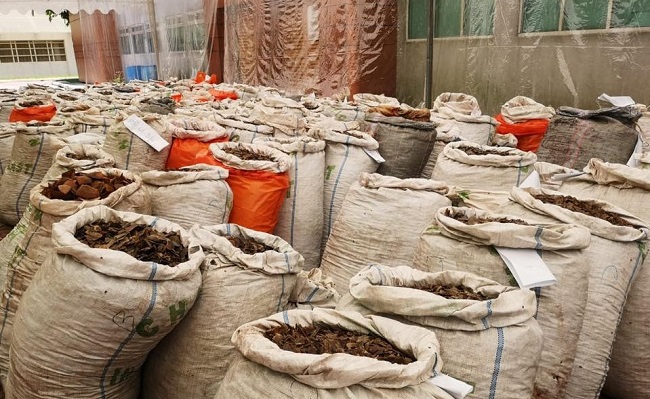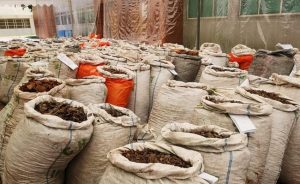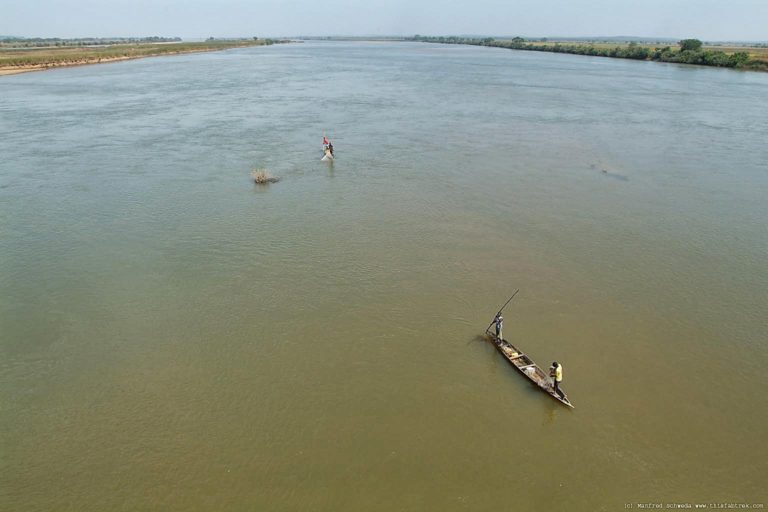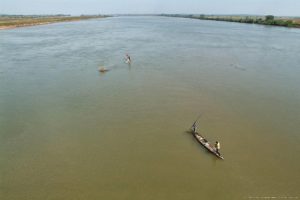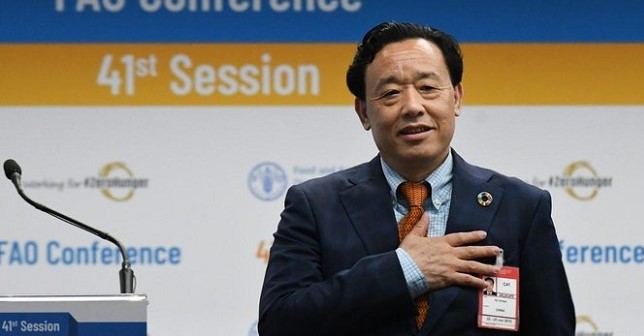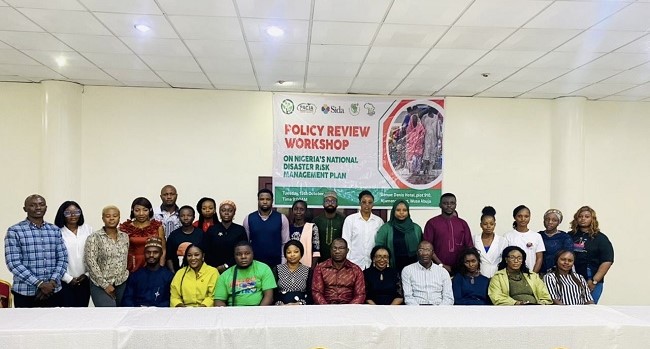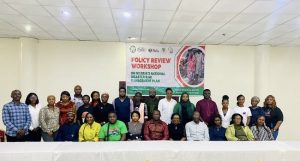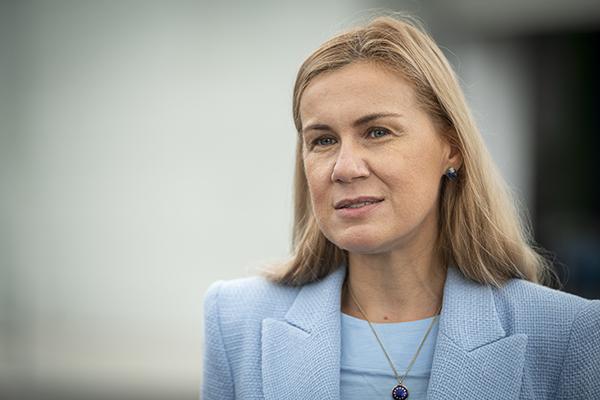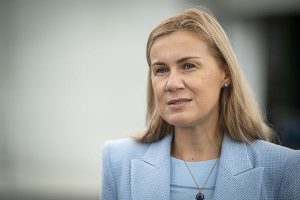Kogi State Governor, Ahmed Usman Ododo, has flagged off construction of the 20KM Obajana-Uro-Aku rural road linking parts of Lokoja and Adavi local government areas.

The project is part of interventions by the Rural Access and Agricultural Marketing Project (RAAMP) supported by the World Bank Group and other stakeholders in the agricultural development value chain and it is the first phase of the over 65KM network of rural roads in the state intended create access to farms, farming communities and markets to ensure food security in the state.
Governor Ododo, who performed the flag-off at a ceremony in Apata near Obajana, emphasised the pivotal role of rural roads in the development agenda of his administration, adding that the rural roads will not only enhance transportation but also serve as catalyst for rural economic growth and food security in the state.
He noted that the roads would also provide access and connectivity to farmers and traders as part of his administration’s broader strategy to enhance rural development and bring governance closer to people in local communities.
While appealing to benefiting communities to take ownership of the project, Governor Ododo gave a stern warning to contractors handling the project not to divert project funds, urging them to demonstrate high level of integrity and professionalism in project delivery.
On his part, the State Commissioner for Rural and Energy Development, Abdulmutalib Mohammed said the project is meant to benefit farmers especially by reducing cost of transportation and accessibility for both farmers and traders in the state.
In his remarks, the National Co-ordinator of RAAMP, Aminu Bodinga represented by Mrs. Joy Amadi commended Governor Ododo for his unwavering commitment to rural development which she noted would enhance connectivity and access to markets, social services and opportunities that were previously out of reach by rural dwellers.
Similarly, the State Coordinator of the project, Sheidu Obansa, says the network of rural roads will expose the communities to opportunities and promote agricultural development in the state.
Speaking on the development, the Olu of Oworo, Muhammed Adoga Baiyerohi, who commended Governor Ododo on the road project, noted that the project will enhance agricultural development and will also reduce vehicular traffic along Obajana road.
Other traditional rulers who spoke on the development commended Governor Ododo for the initiative to help rural dwellers who are mostly farmers and traders in the state.


